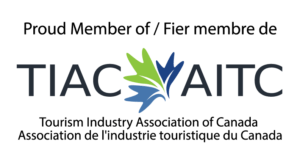
Good Lot
A regenerative approach to craft beer
By Izabela Jaroszynski

It is a warm and sunny late-summer day when the community gathers at GoodLot Farm & Farmstead Brewing Co for the annual hops harvest.
The farm is closed to customers, but under the bright yellow sunshades, owner Gail Winters is serving pints as a group of friends, volunteers and supporters helps to pull fragrant, ripe hops from the long bines (the technical term for hops vines) that line the Caledon, Ontario property.
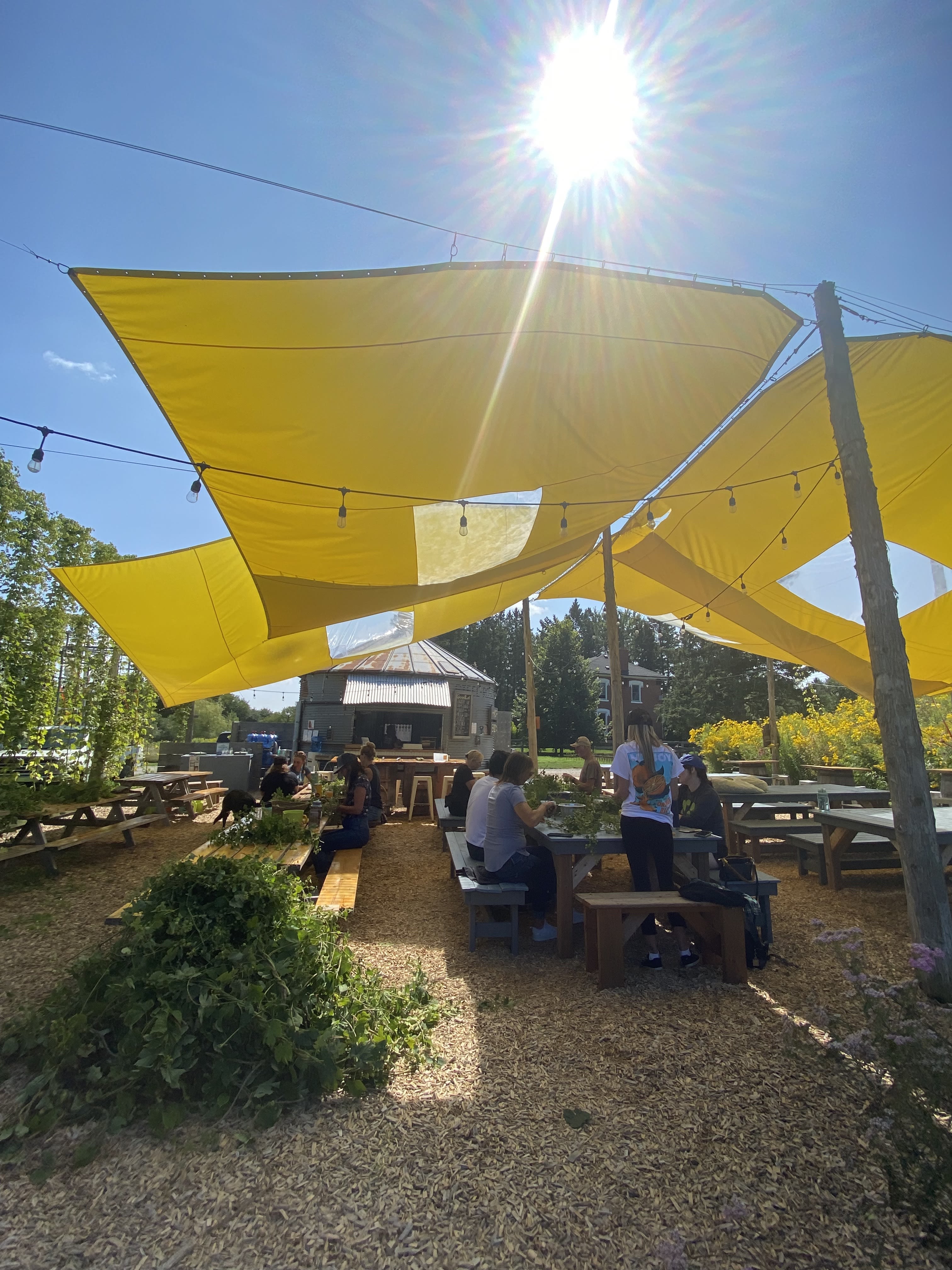
"There is a beer that we do every year called High Fives and what's unique about it is that it uses fresh hops," Gail says. "It has to be lined up with us picking hops at the right time. If it is just the two of us, we'd be out here for hours, so its a great way to bring the community together."
The hops are placed in nylon bags by the community volunteers, and then head straight into the brew kettle. Three to four weeks later, the wet hop ale is ready to consume.
"It is unique. It's different because it is not that often you have access to hops that is picked from the bine and in the kettle within an hour," Gail says, adding that the wet-hop brew is her favourite.
Mostly because of the taste, but I have a sneaking suspicion that part of what makes it Gail's favourite is the community effort that's required to get the beer to market.
GoodLot is as much about community as it is about good beer.
GoodLot began as an organic hops farm in 2010 shortly after Gail and her partner Phil bought the 30-acre heritage farm property in Caledon, where Gail grew up.
They knew they wanted to get their hands dirty and they knew they wanted to farm in a way that was good for the land. After mulling over their options, they landed on hops as their crop of choice.
The Winters started supplying hops to some of Ontario's microbreweries and in 2017, they launched their own brand of beer, leaning into the unique taste of the terroir on their own farm.
"For me it was the traceability factor," Gail said, noting that knowing where all the ingredients in her beer come from and how they are grown is a huge plus.
"At the same time, I started to realize that breweries are this great community hub, and how great it would be to build that side of it."
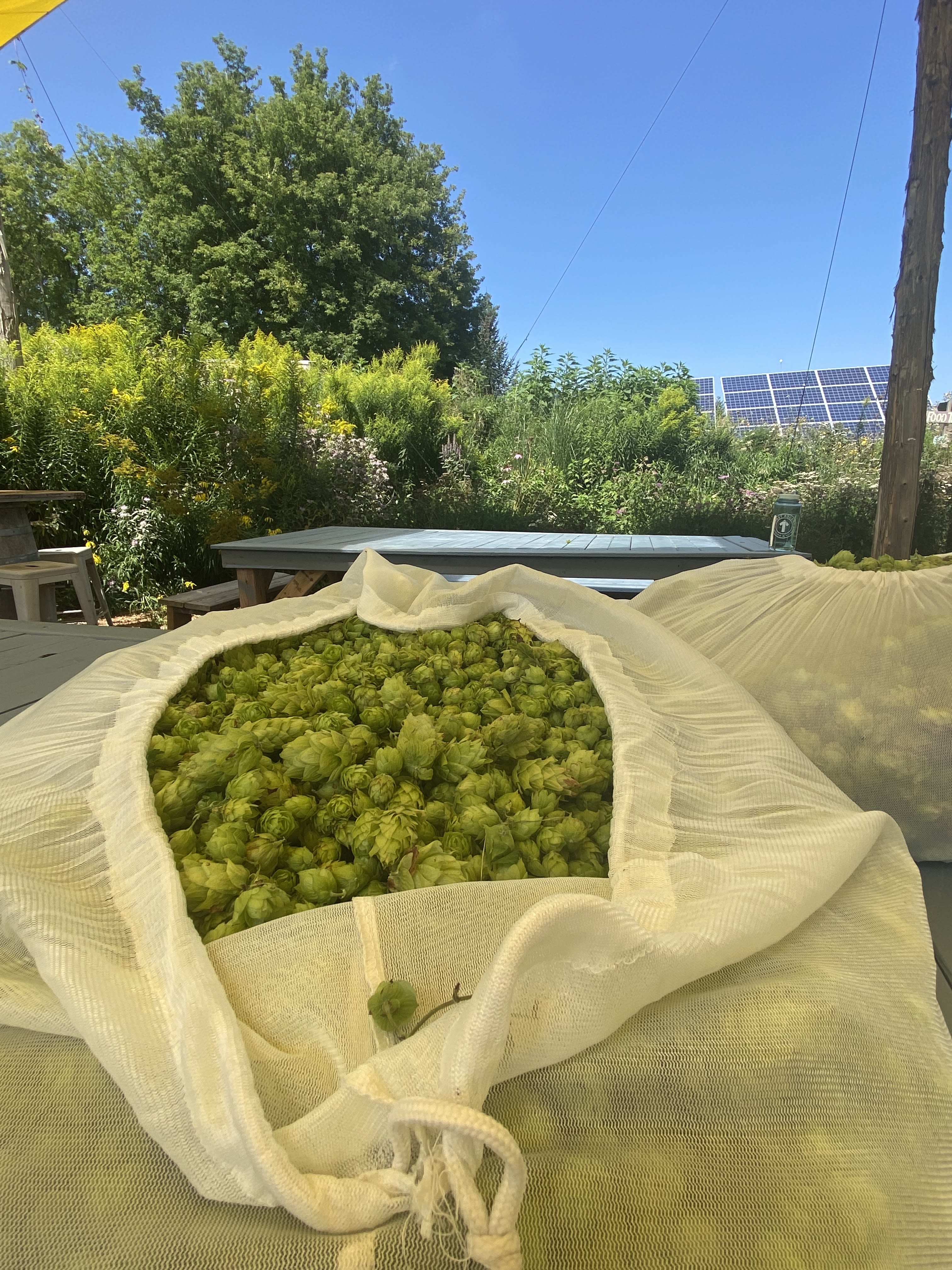
GoodLot Farm grows eight varieties of hops and employs regenerative practices, such as keeping the soil free of chemicals and renting sheep for the summer to utilize rotational livestock grazing.
The goal of the brewery is to sequester more green energy than it uses. One way this happens is within the brewery itself, which is a converted solar-powered barn renovated in an air-tight, passive-house-style.
Another way is by partnering with WasteNot Farms who collect food waste from GoodLot and return it as compost for the soil.
As Gail and I chat about the farm's zero-waste efforts, the neighbouring farmer arrives with his tractor to pick up the spent grains which he feeds to his livestock.
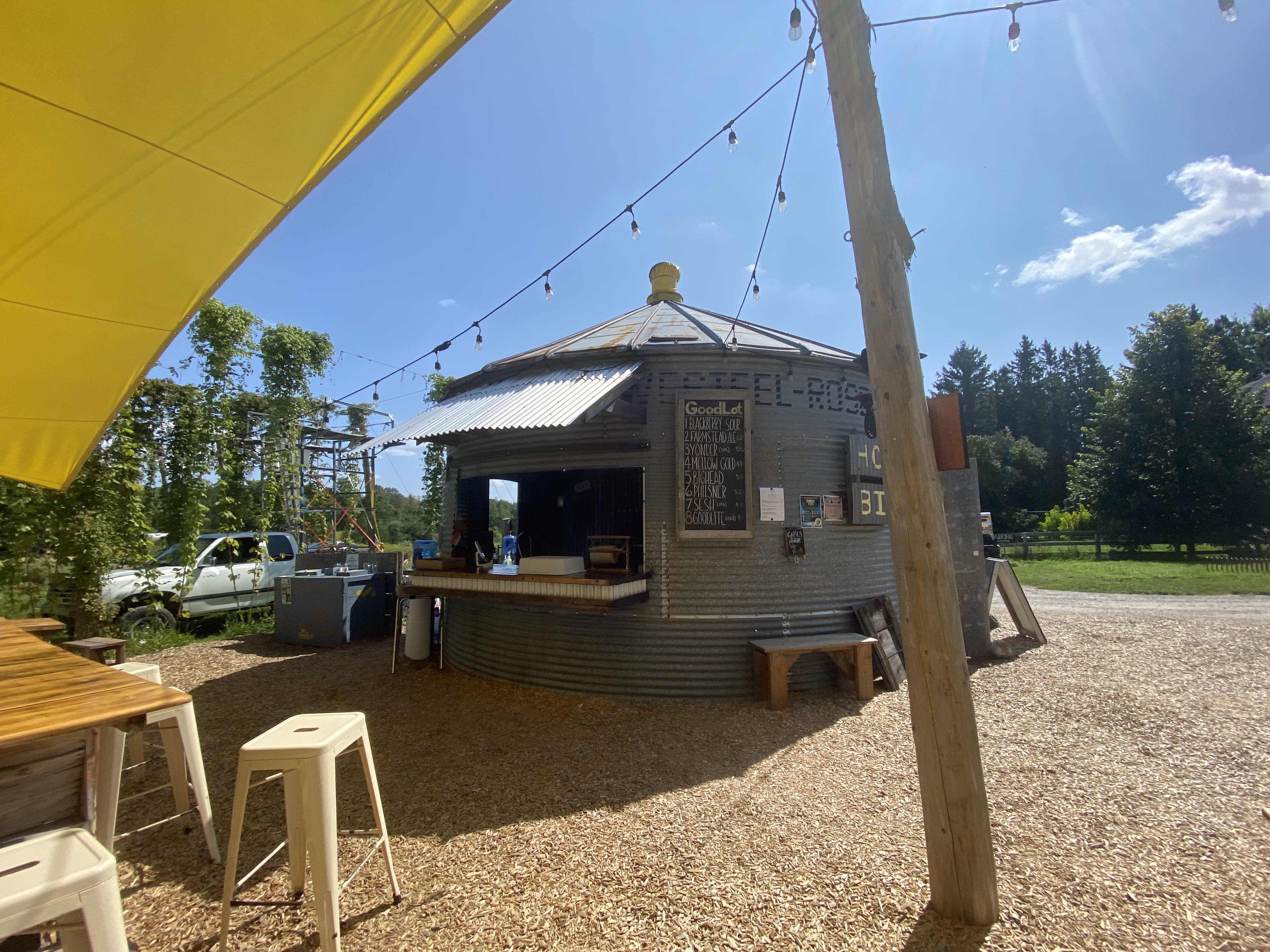
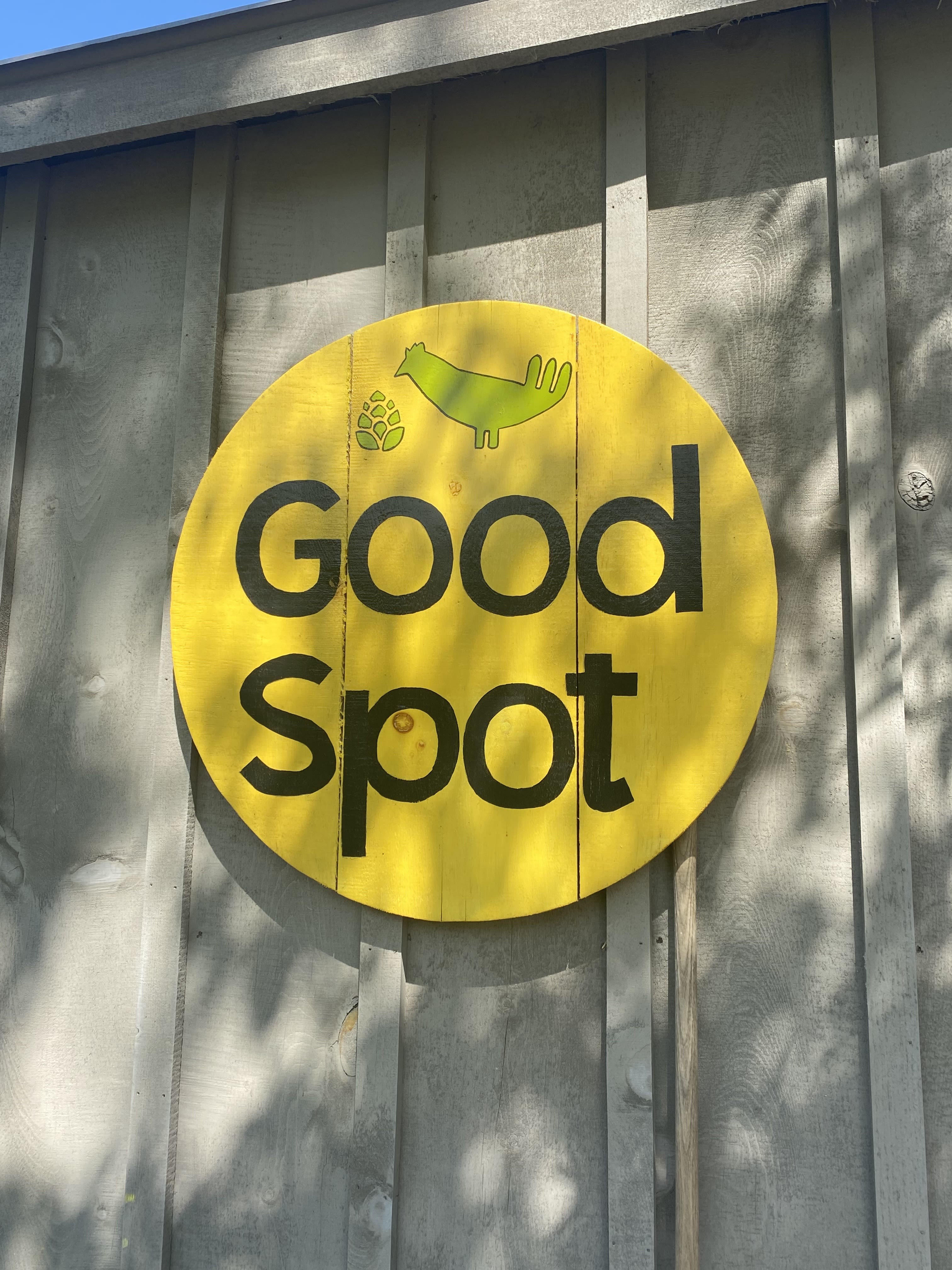
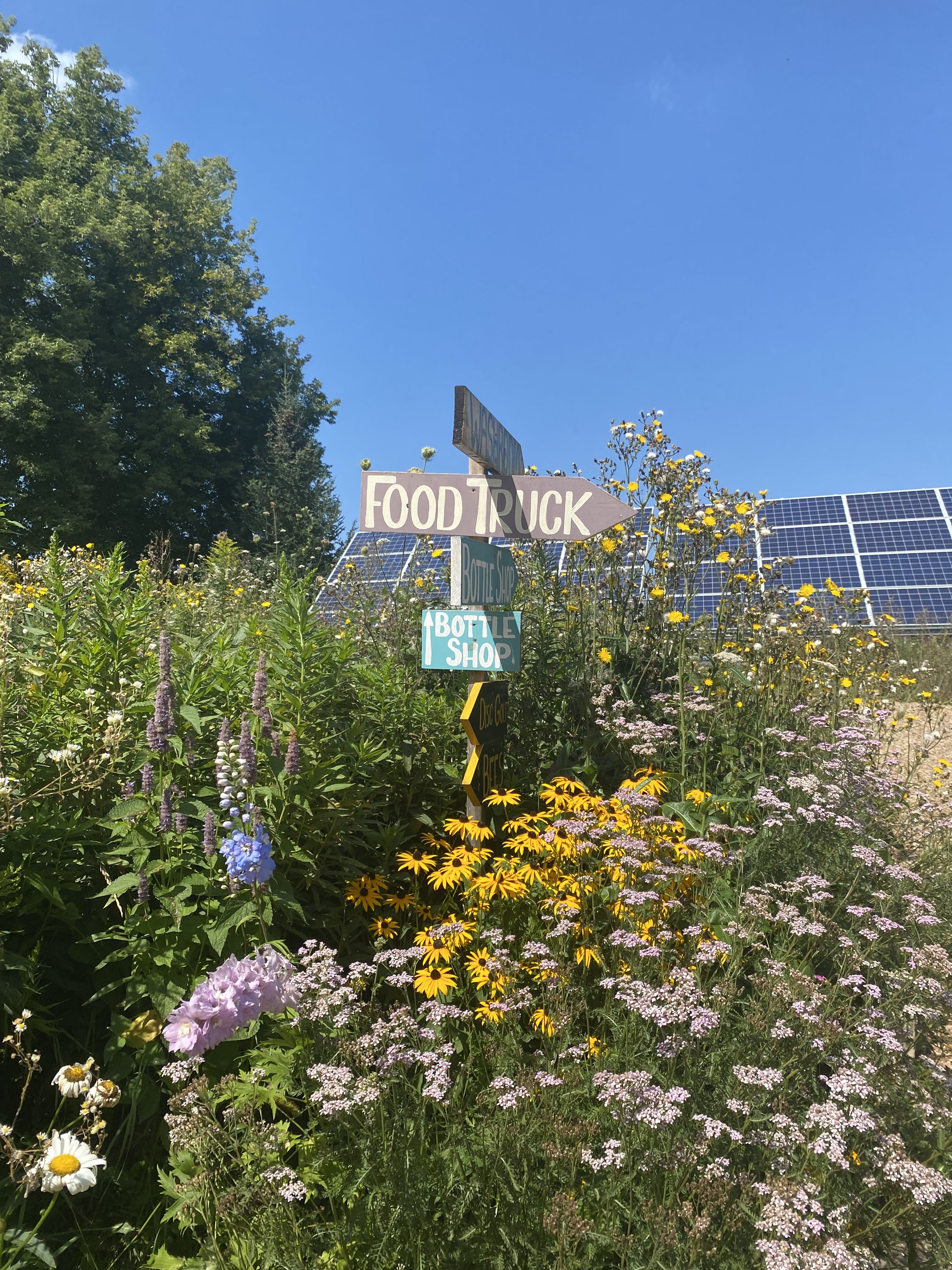
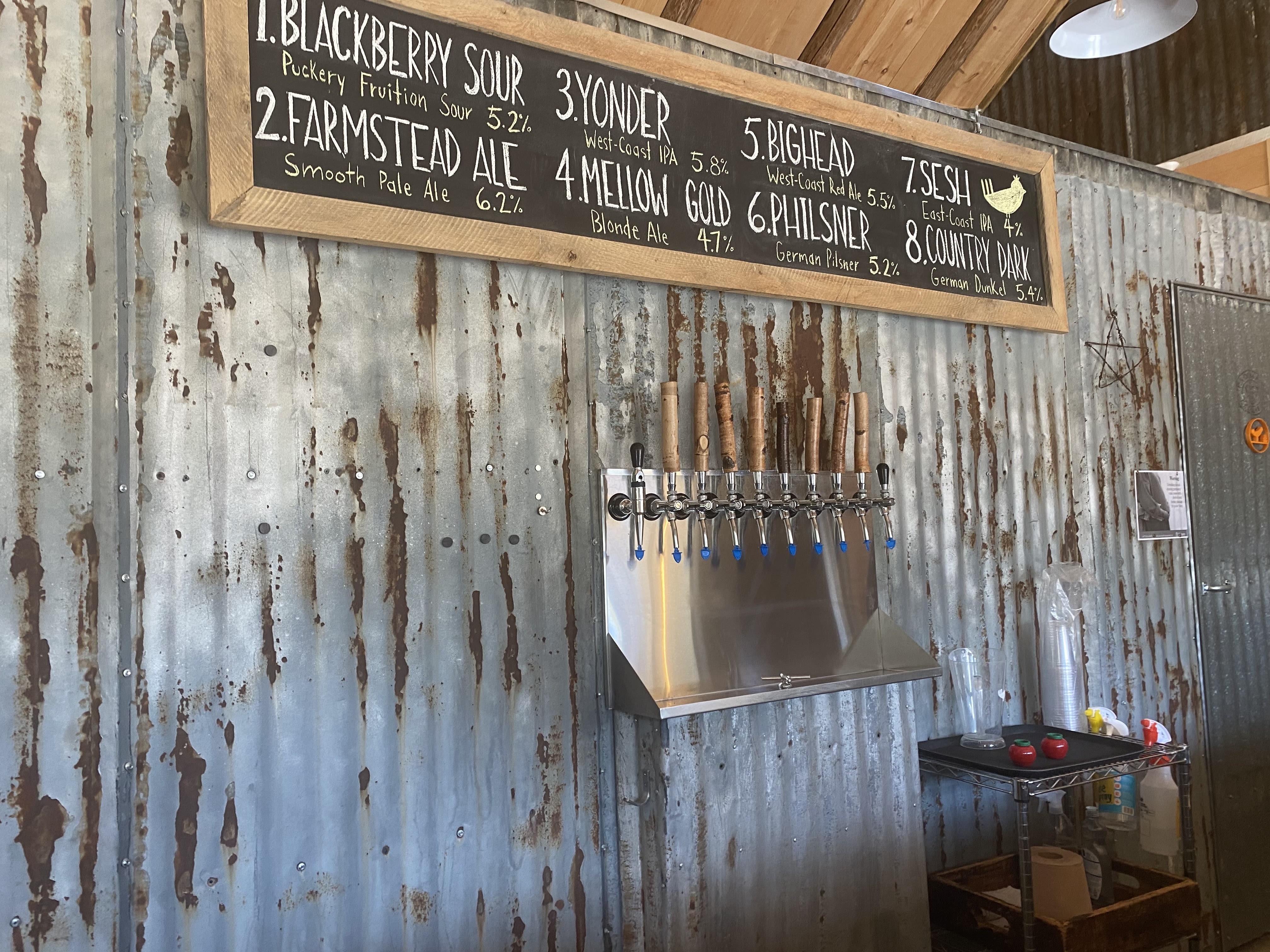
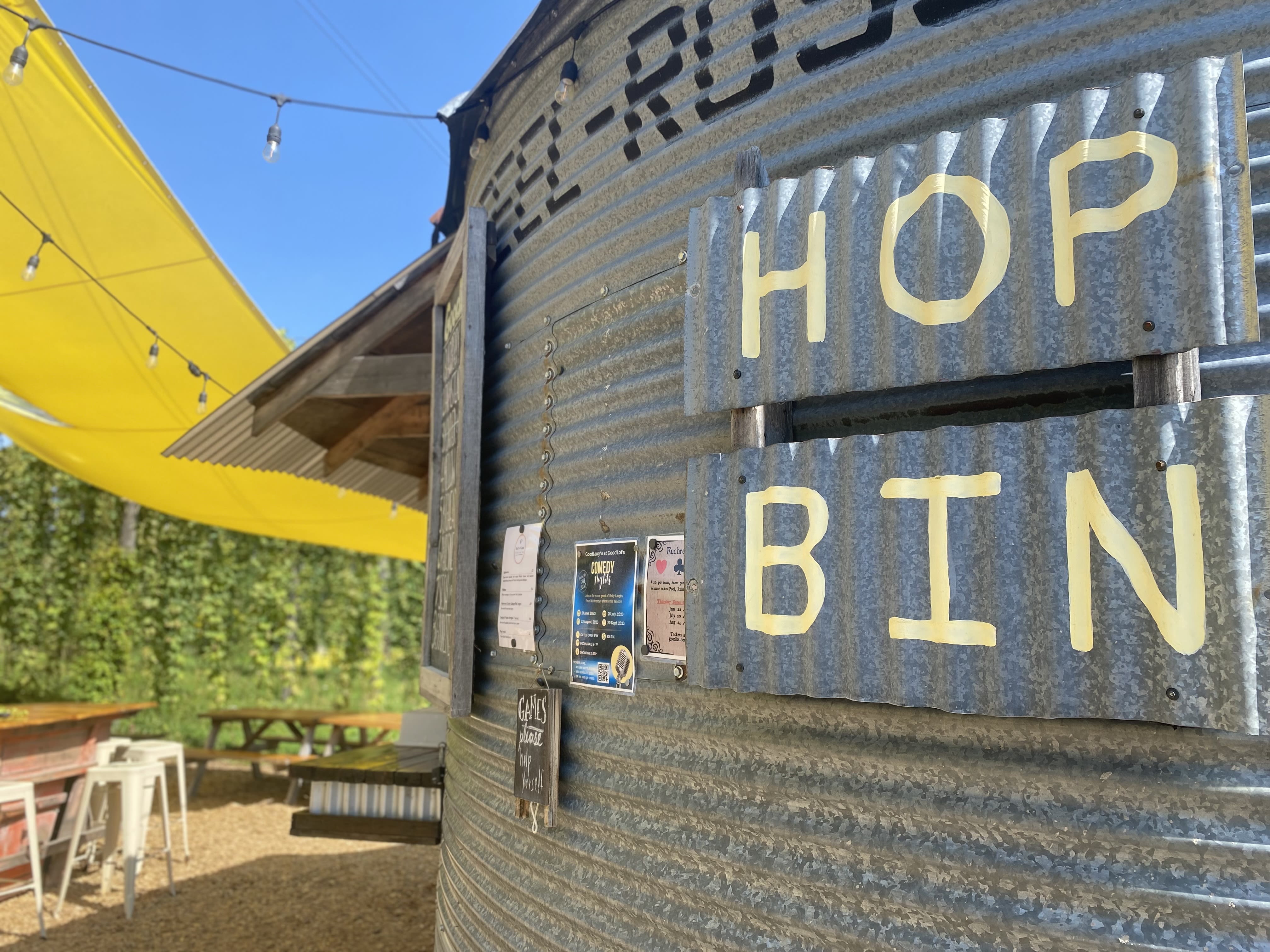





As much as GoodLot has been about showcasing best sustainable practices and creating the regenerative farm of Gail and Phil's dreams, the brewery has also been the means to creating community.
Through events, local partnerships and fundraising efforts to support things like the local food bank, Gail and Phil have created a place people want to be.
On any given weekend night in the summer months, the outdoor patio is filled with music, friends and laughter. Food is served by local chef Phil DeWar and music varies each night.
Local customers are encouraged to arrive by foot or bike — with a 50 cent discount on pints for those leaving the car at home. There's even a hitching post for those arriving by horse from neighbouring farms.
While the fun typically stopped during the winter, this year saw the opening of GoodLot's new indoor tasting room, which is housed in a beautifully renovated Drive Shed from the 1870s. It offers a place for the community to gather even during the cold months.
"I always say the beer is just a great byproduct to what we already have going on here and what we have build up here over the years," Gail says.
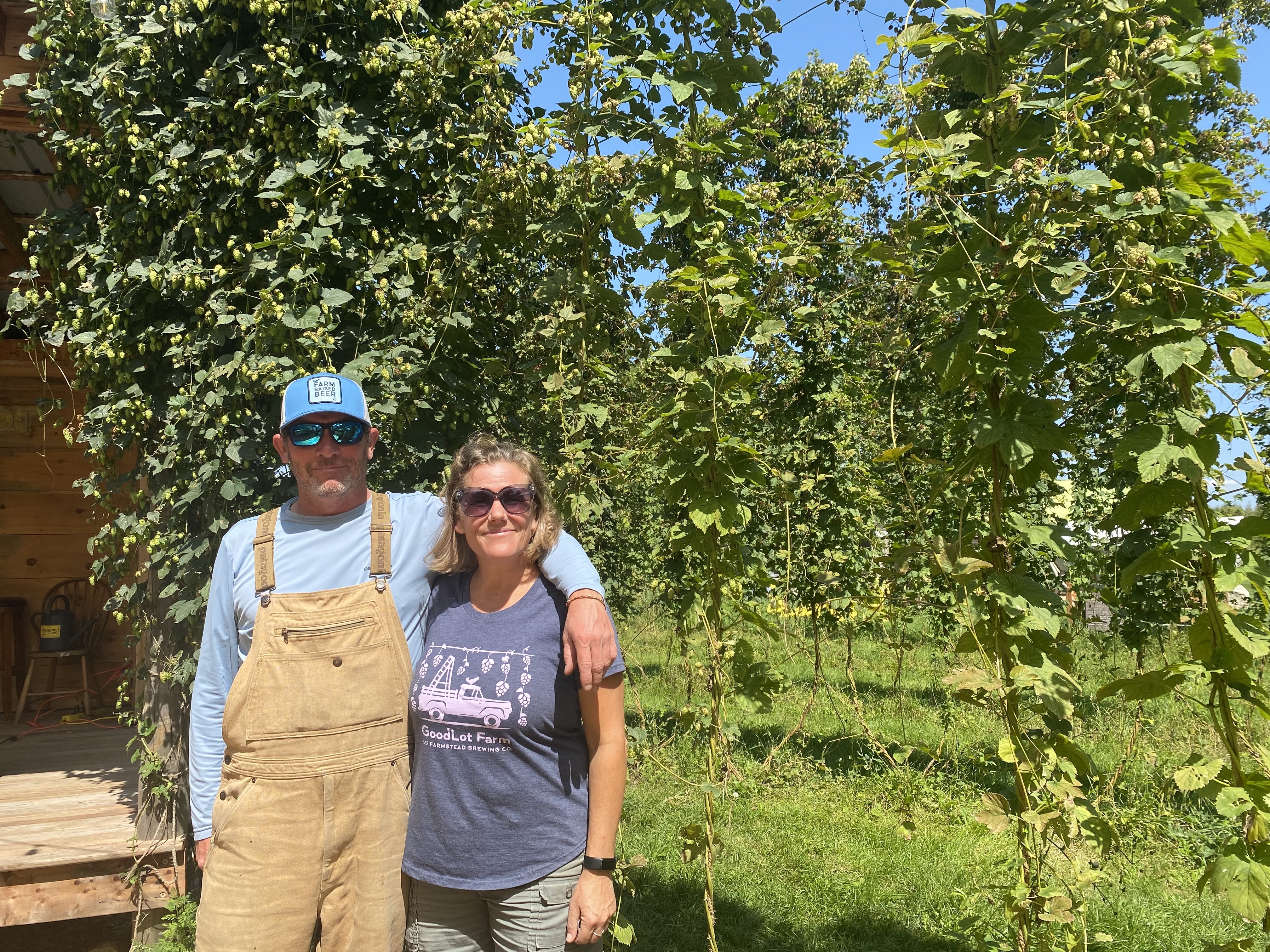
Gail and Phil Winters
Gail and Phil Winters




